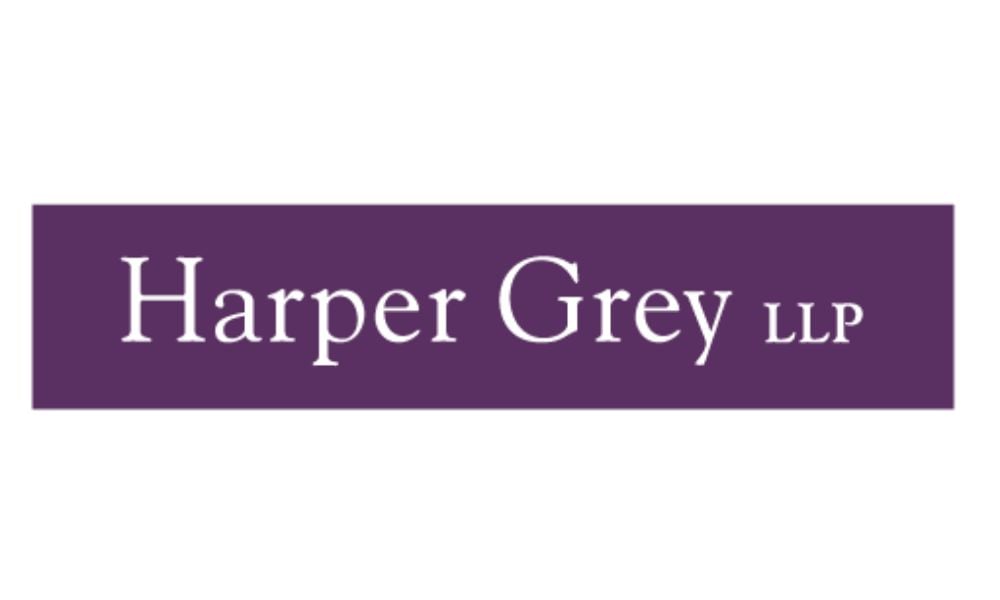Long-term small business confidence is slowly climbing after sinking to record lows last March, according to a media release about the most recent monthly Business Barometer® survey of the Canadian Federation of Independent Business (CFIB).
“Now that the federal election is over, there may be clearer guidance and renewed leadership on tariffs and other federal matters, and this and a somewhat de-escalating trade war may explain in part why small business sentiment is trending in the right direction again,” said Simon Gaudreault, chief economist and vice-president of research at CFIB, in the media release.
The CFIB announced that its 12-month indicator added 5.3 index points and rose to 40 points in May, compared with the 34.8 points recorded in April.
“However, these are just timid beginnings of a rebound,” Gaudreault clarified in the media release. “The indicator is still well below its historical average. The optimism glass is not even half-full, it’s still fairly empty.”
The CFIB measures the Business Barometer® index on a scale between 0 and 100. The association explained that an index under 50 means that the small business owners surveyed who expect their organisations’ performance to be weaker over the next three or 12 months outnumber those who expect a stronger performance.
The CFIB’s survey this month showed that all provinces displayed confidence levels below 50, with hiring plans much lower than seasonal levels.
Statistics
According to the CFIB’s media release, among small business firms polled:
- Half were worried that the US-Canada trade dispute would affect the summer tourism season, with organisations in recreation and information, retail, and hospitality expressing the most concern
- 59 percent deemed weak demand an obstacle to expansion
- 68 percent considered tax and regulatory costs restrictors to growth
- 16 percent said they had plans to lay off employees
- 14 percent intended to add full-time employees in the coming months
“Many small businesses are breathing a sigh of relief as it seems we’ve avoided the worst of tariffs,” said Andreea Bourgeois, CFIB’s director of economics, in the media release. “But there’s still lots of uncertainty around, putting long-term investments and business planning on hold.”
The CFIB shared that small business owners surveyed were planning to increase:
- prices by an average of 2.9 percent, down from 3.5 percent
- wages by an average of 2.1 percent, compared with 2.2 percent in the prior month
The association noted that its May findings reflected 719 responses received from a stratified random sample of its members to a controlled-access web survey from May 6–12.
The CFIB – the country’s biggest association of small and medium-sized businesses – has 100,000 members from all industries and regions. The CFIB seeks to influence policy amendments at all government levels, share relevant guidance and tools, and negotiate exclusive savings, with the overall objective of boosting small businesses’ chances of success.





